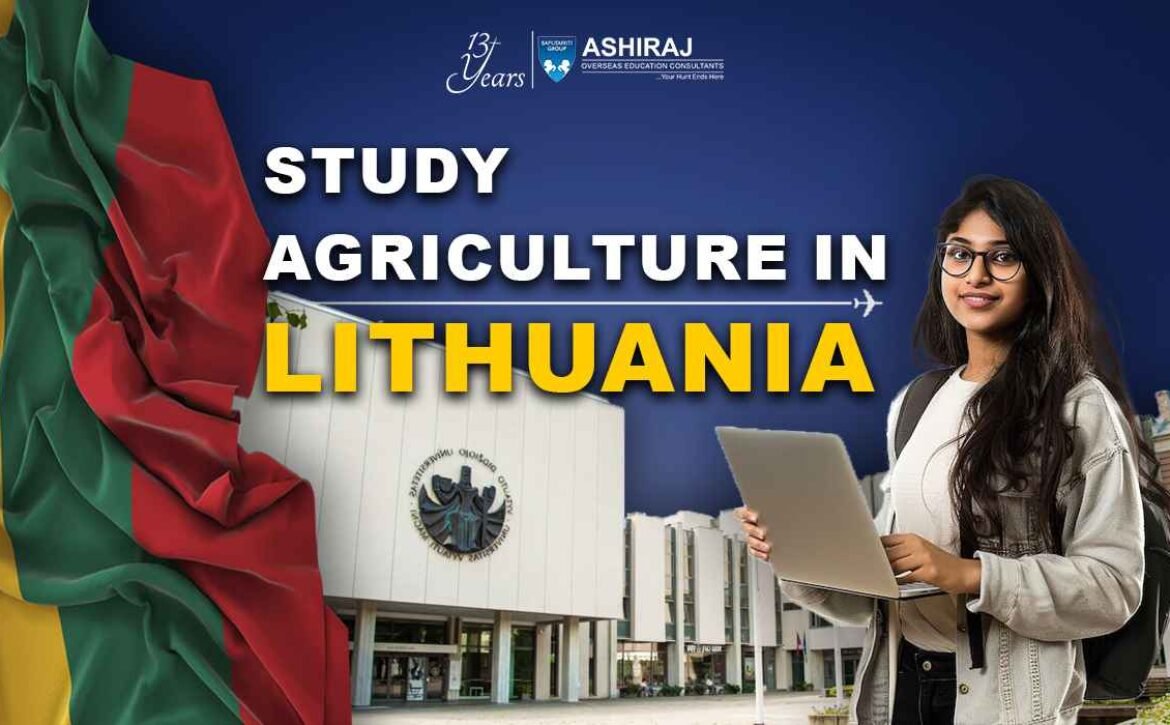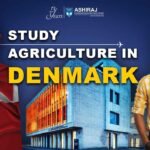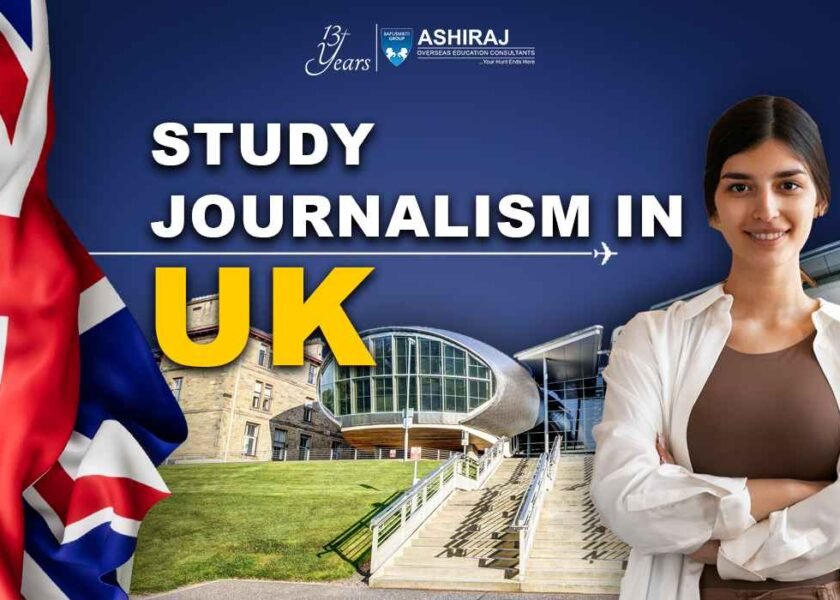
Agriculture in Lithuania
Agriculture in Lithuania plays a pivotal role in the nation’s economy and cultural heritage, representing a blend of modern agricultural practices and traditional farming methods. Situated in the Baltic region of Northern Europe, Lithuania boasts fertile plains and a temperate climate ideal for diverse agricultural activities. The sector not only contributes significantly to the country’s GDP but also supports rural livelihoods and sustains a rich agricultural tradition dating back centuries. Agriculture in Lithuania encompasses a wide range of activities, including crop cultivation, livestock farming, and forestry, each benefiting from the country’s favorable natural conditions and strategic geographical location.
The agricultural sector in Lithuania, characterized by its resilience and adaptability, has undergone notable transformations since independence in 1990. With a strong emphasis on sustainable practices and technological advancements, Lithuanian agriculture continues to evolve, integrating EU agricultural policies and fostering innovation in agribusiness. The commitment to quality and environmental stewardship underscores Lithuania’s agricultural practices, ensuring both productivity and ecological sustainability. Agriculture in Lithuania remains a cornerstone of its economy, reflecting a harmonious balance between tradition and innovation in the heart of Europe.
Why to Study Agriculture in Lithuania?
- Modern Agricultural Education: Lithuania offers modern and comprehensive agricultural education programs at various universities and institutions.
- EU Integration: As an EU member state, studying agriculture in Lithuania provides exposure to EU agricultural policies and practices, enhancing global perspectives.
- Fertile Agricultural Land: The country’s fertile plains and favorable climate provide practical opportunities for hands-on learning and research in diverse agricultural practices.
- Technological Advancements: Lithuania emphasizes technological innovation in agriculture, offering students access to cutting-edge research facilities and sustainable farming techniques.
- Rich Cultural Heritage: Studying agriculture in Lithuania allows students to explore a rich cultural heritage deeply rooted in farming traditions and rural lifestyles.
- Career Opportunities: Graduates of agricultural programs in Lithuania are well-positioned for diverse career opportunities in agribusiness, environmental management, and rural development.
- Affordable Education: Compared to other Western European countries, Lithuania offers affordable tuition fees and living costs, making it an attractive option for international students.
- Language Options: Many agricultural programs in Lithuania are offered in English, accommodating international students and facilitating a multicultural learning environment.
- Networking Opportunities: Students studying agriculture in Lithuania benefit from networking with professionals and peers across Europe, fostering valuable connections for future careers.
- Quality of Life: Lithuania offers a high quality of life with a safe and welcoming environment, ideal for students pursuing their academic and career goals in agriculture.
Studying agriculture in Lithuania provides a unique blend of academic rigor, practical experience, and cultural immersion, making it an excellent choice for students passionate about agriculture and environmental sciences.
Top Universities to Study Agriculture in Lithuania
Rank | University | QS World University Ranking 2023 | Type of University | Average Annual Fees (EUR) | Programs Offered |
1 | Vytautas Magnus University | 601-650 | Public | 2,000-3,000 | Agriculture, Environmental Sciences, Forestry |
2 | Lithuanian University of Health Sciences | 801-1000 | Public | 2,000-3,500 | Agricultural Sciences, Veterinary Medicine, Food Technology |
3 | Aleksandras Stulginskis University | 1001+ | Public | 1,500-2,500 | Agricultural Engineering, Agronomy, Horticulture |
4 | Kaunas University of Technology | 801-1000 | Public | 2,000-3,000 | Agribusiness Management, Food Science, Biotechnology |
5 | Vilnius University | 501-550 | Public | 3,000-4,000 | Agricultural Economics, Rural Development, Environmental Studies |
Studying agriculture in Lithuania offers a range of reputable universities known for their quality education and diverse programs. Vytautas Magnus University ranks among the top with affordable tuition fees and programs in agriculture, environmental sciences, and forestry. The Lithuanian University of Health Sciences excels in agricultural sciences, veterinary medicine, and food technology, providing a practical approach to agricultural education. Aleksandras Stulginskis University focuses on agricultural engineering, agronomy, and horticulture, emphasizing hands-on learning and research opportunities. Kaunas University of Technology offers programs in agribusiness management, food science, and biotechnology, integrating technological advancements with agricultural practices. Vilnius University stands out for its programs in agricultural economics, rural development, and environmental studies, providing students with comprehensive knowledge and skills essential for careers in agriculture and related fields. These universities not only offer academic excellence but also foster a supportive environment for international students pursuing careers in agriculture in Lithuania.
Course Curriculum for Agriculture in Lithuania
- Foundational Studies: The curriculum begins with foundational courses covering agricultural principles, soil science, and plant biology, emphasizing the fundamentals of crop production and soil management.
- Specialized Disciplines: Students explore specialized disciplines such as agronomy, horticulture, and agricultural engineering, focusing on advanced techniques in crop cultivation, plant breeding, and agricultural machinery.
- Environmental Focus: There is a strong emphasis on environmental sustainability and resource management, integrating courses on agroecology, sustainable agriculture practices, and conservation agriculture.
- Technology Integration: The curriculum incorporates modern technologies in agriculture, including precision farming, GIS applications in agriculture, and biotechnology for crop improvement.
- Business and Management: Courses in agribusiness management, agricultural economics, and rural development prepare students for leadership roles in agricultural enterprises and policymaking.
- Practical Training: Practical training and fieldwork are integral parts of the curriculum, providing hands-on experience in farm management, livestock handling, and agricultural research.
- Research Opportunities: Students have opportunities for research projects and thesis work, collaborating with faculty on topics ranging from agricultural innovation to environmental impact assessment.
- Industry Internships: Internships with agricultural companies and research institutes offer practical insights and networking opportunities, enhancing career prospects in the agricultural sector.
- Global Perspectives: Courses on global agricultural issues and EU agricultural policies provide students with a broader understanding of international agricultural markets and trade.
- Capstone Projects: The program culminates in capstone projects where students apply their knowledge and skills to solve real-world agricultural challenges, preparing them for successful careers in agriculture in Lithuania and beyond.
Eligibility Criteria & Admission Requirements for MS in Agriculture in Lithuania
- Academic Qualifications:
Applicants should hold a relevant bachelor’s degree in agriculture, agricultural sciences, environmental sciences, or related fields from a recognized institution.
- Language Proficiency:
IELTS: Minimum score of 6.5 overall with no band less than 6.0.
TOEFL: Minimum score of 79 (iBT) or 550 (PBT).
- Standardized Tests:
GRE: Not required for all programs but may be beneficial for some.
GMAT: Not typically required for agriculture programs.
- Passport & Student Visa:
Valid passport with at least six months validity beyond the intended period of stay.
Student visa obtained from the Lithuanian embassy or consulate in the applicant’s home country.
- Academic Certificates:
Official transcripts of undergraduate studies and any relevant postgraduate coursework.
Proof of completion of previous degrees with a minimum GPA requirement (if specified).
- Work Experience:
Some programs may require relevant work experience in agriculture or related fields, especially for advanced or specialized programs.
Internships or research experience in agriculture can strengthen the application.
Table Format for Scores:
Test | Minimum Score |
IELTS | Overall 6.5 |
TOEFL | 79 (iBT) or 550 (PBT) |
GRE | Not Required |
GMAT | Not Required |
Meeting these eligibility criteria ensures that prospective students are well-prepared academically and linguistically to pursue agricultural studies in Lithuania, fostering a competitive and enriching educational experience.
Documents Required for Studying Agriculture in Lithuania
- Passport:
Valid passport with a minimum validity of six months beyond the intended period of stay in Lithuania.
- Letter of Recommendation (LOR):
Two letters of recommendation from academic or professional referees highlighting the applicant’s skills and suitability for agricultural studies.
- Statement of Purpose (SOP):
A well-written statement outlining the applicant’s academic background, career goals, and reasons for choosing agricultural studies in Lithuania.
- Curriculum Vitae (CV):
A detailed resume summarizing educational qualifications, work experience, research projects, and any relevant extracurricular activities.
- Official High School Transcripts and Certificates:
Certified copies of transcripts and certificates from high school or secondary education, demonstrating academic achievement.
- Work Experience Certificate:
If applicable, a certificate verifying relevant work experience in agriculture or related fields, highlighting skills and responsibilities.
- Proof of Financial Resources:
Evidence of sufficient financial resources to cover tuition fees, living expenses, and other costs associated with studying in Lithuania.
- English Language Proficiency:
Evidence of proficiency in English through standardized tests like IELTS or TOEFL, if required by the university.
Preparing these documents thoroughly ensures a smooth application process for agriculture programs in Lithuania, demonstrating readiness and eligibility for academic study in the field.
Admission Process for Agriculture in Lithuania
- Research and Choose Programs:
Research universities offering agriculture programs in Lithuania, considering factors such as curriculum, faculty expertise, and facilities.
- Check Eligibility Criteria:
Ensure you meet the university’s requirements regarding academic qualifications, language proficiency (IELTS or TOEFL), and any standardized tests (GRE/GMAT).
- Prepare Required Documents:
Gather necessary documents including passport, academic transcripts, letters of recommendation (LOR), statement of purpose (SOP), curriculum vitae (CV), and proof of financial resources.
- Submit Online Application:
Complete the university’s online application form for the chosen agriculture program, ensuring all information is accurate and up-to-date.
- Pay Application Fee:
Pay the required application fee as specified by the university to process your application.
- Wait for Admission Decision:
Await the university’s decision on your application. This may take several weeks depending on the university and program.
- Acceptance and Confirmation:
If accepted, review the admission offer, conditions, and deadline for confirmation. Accept the offer and pay any required deposit.
- Apply for Student Visa:
Obtain a student visa from the nearest Lithuanian embassy or consulate. Provide necessary documents including admission letter, passport, and financial proof.
- Arrive in Lithuania:
Plan your arrival in Lithuania, arrange accommodation, and attend any orientation sessions provided by the university.
- Start Your Studies:
Attend classes, participate in orientation programs, and begin your journey studying agriculture in Lithuania, embracing academic and cultural experiences.
Following these steps ensures a structured approach to securing admission to an agriculture program in Lithuania, facilitating a smooth transition into academic life abroad.
“Education is the most powerful weapon which you can use to change the world.”
Nelson Mandela
Cost of Agriculture Course in Lithuania
- Tuition Fees:
Average annual tuition fees for agriculture programs range from EUR 2,000 to EUR 4,000 depending on the university and specific program.
- Living Expenses:
Estimated living costs including accommodation, food, transportation, and miscellaneous expenses amount to approximately EUR 500 to EUR 800 per month.
- Books and Supplies:
Additional expenses for books, study materials, and supplies vary but are generally manageable within a student budget.
- Health Insurance:
International students are required to have health insurance coverage. The cost is typically around EUR 500 per year.
- Travel and Personal Expenses:
Budget for occasional travel within Lithuania and personal expenses such as leisure activities and unforeseen costs.
- Scholarships and Financial Aid:
Explore scholarship opportunities offered by universities, government, or private organizations to offset tuition and living costs.
- Part-time Work Opportunities:
Non-EU students can work part-time during studies, typically up to 20 hours per week, to supplement living expenses.
- Cost of Language Preparation:
If required, budget for language preparation courses like English language proficiency tests (IELTS or TOEFL) and associated study materials.
Understanding the cost structure helps prospective students plan their finances effectively for studying agriculture in Lithuania, ensuring a rewarding academic experience without financial stress.
Scholarships for Agriculture Courses in Lithuania
Scholarship Name | Amount | Application Deadline |
Lithuanian Government Scholarships | Varies | Varies (typically February-March) |
Vilnius University Scholarships | Full or partial tuition | Varies (check university website) |
KTU International Scholarship | Up to EUR 5,000 per year | Varies (check university website) |
VMU Scholarships | Varies | Varies (check university website) |
Erasmus+ Scholarships | Varies | Varies (typically January-February) |
Scholarships for agriculture programs in Lithuania provide financial support to international students based on academic merit, financial need, or specific criteria set by the scholarship provider. The Lithuanian Government offers various scholarships annually, with application deadlines typically in February-March. Vilnius University and Kaunas University of Technology (KTU) also provide scholarships covering full or partial tuition fees, with deadlines varying by program. Vytautas Magnus University (VMU) and Erasmus+ scholarships are additional options, supporting students pursuing agriculture studies with varying amounts and application deadlines. Prospective students should check specific requirements and deadlines for each scholarship to maximize their chances of securing financial aid for studying agriculture in Lithuania.
Career Opportunities After Agriculture in Lithuania
Job Profile | Average Salary (EUR/year) |
Agricultural Engineer | 20,000 – 30,000 |
Agronomist | 18,000 – 25,000 |
Farm Manager | 15,000 – 25,000 |
Food Technologist | 18,000 – 28,000 |
Environmental Specialist | 20,000 – 30,000 |
Career opportunities after studying agriculture in Lithuania offer diverse roles in agricultural engineering, agronomy, farm management, food technology, and environmental management. Agricultural engineers design and develop machinery, equipment, and structures used in farming operations, earning an average salary of EUR 20,000 to EUR 30,000 annually. Agronomists focus on crop production and soil management, with salaries ranging from EUR 18,000 to EUR 25,000 per year. Farm managers oversee daily operations, livestock care, and crop production, earning between EUR 15,000 and EUR 25,000 annually. Food technologists work in food processing and quality control, earning EUR 18,000 to EUR 28,000 per year. Environmental specialists focus on sustainable agricultural practices and environmental conservation, with salaries ranging from EUR 20,000 to EUR 30,000 annually. These careers not only offer competitive salaries but also opportunities for professional growth and contribution to the agricultural sector in Lithuania.
Frequently Asked Questions About Agriculture in Lithuania
Some of the popular agriculture universities in Lithuania include Vytautas Magnus University, Aleksandras Stulginskis University, and Kaunas University of Technology.
Yes, many agriculture programs in Lithuania are offered in English to accommodate international students.
Entry requirements often include a relevant bachelor’s degree, proof of English proficiency (IELTS/TOEFL), and sometimes GRE/GMAT scores.
Yes, various scholarships are available, including those offered by the Lithuanian government, universities, and through programs like Erasmus+.
Tuition fees range from EUR 2,000 to EUR 4,000 per year, with additional costs for living expenses, books, and health insurance.
Yes, graduates can find opportunities as agricultural engineers, agronomists, farm managers, food technologists, and environmental specialists.
International students must apply for a student visa from the nearest Lithuanian embassy or consulate, providing necessary documents including admission letter and proof of financial resources.
Lithuania offers a high quality of life with affordable living costs, student-friendly cities, and a safe environment conducive to studying and living.
Yes, universities in Lithuania offer support services including orientation programs, counseling, and assistance with accommodation and integration.
Agriculture graduates from Lithuania have good career prospects both within the country and internationally, with opportunities in research, industry, and government sectors.




